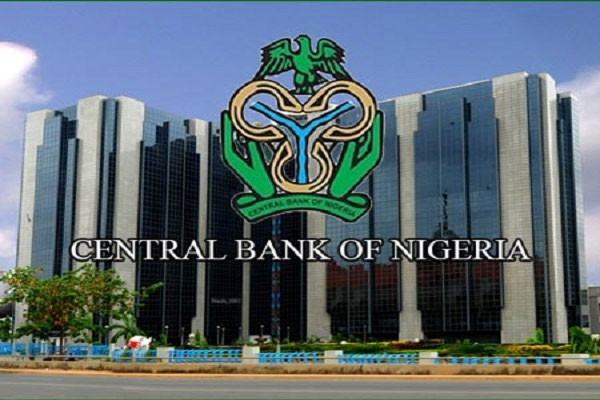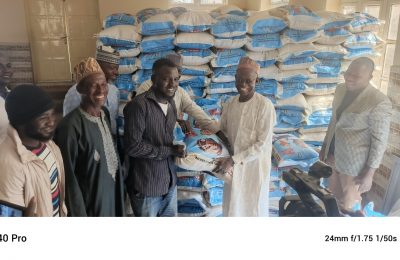
WHILE analysts applaud the Central Bank of Nigeria’s (CBN’s) efforts to stabilise the foreign exchange (FX) market, several challenges remain that questions the long-term sustainability of this approach and other stop-gap measures recently introduced by the CBN.
To this end, stakeholders have urged the apex bank to ensure that it maintains it’s intervention and it’s long-term sustainability.

According to analysts at an investment banking and advisory firm Afrinvest (West) Africa Limited, “First, we are of the view that the apex bank does not possess the required financial war chest to meet the average FX demand for an extended period.”
This just as the Manufacturers Association of Nigeria (MAN) has called on the Central Bank of Nigeria to settle the $2.4billion foreign exchange forward contracts to prevent plunging the manufacturing sector into a crisis
The Director-General of MAN, Segun Ajayi-Kadir, in a statement last week said that CBN appeared to be reneging on its promise to deliver foreign currency to manufacturers at a specified future date in exchange for an upfront naira payment and warned of damage to the apex bank’s credibility.
Ajayi-Kadir explained that the CBN issued foreign exchange forward contracts promising to deliver foreign currency at a specified future date in exchange for an upfront naira payment but recently revealed that it could not honour the contracts due to an ongoing investigation by the Economic and Financial Crimes Commission (EFCC) into some foreign exchange transactions.
The CBN reintroduced the Retail Dutch Auction System (rDAS) which was previously suspended in 2015.
According to the auction results, bids totalled $ 1.2 billion from 32 Authorized Dealer Banks. Out of these, bids amounting to $ 876.3 million from 26 banks qualified at an approved cut-off rate of ₦1,495.0/$ while bids valued at $313.7m from 6 banks were disqualified. In the days following the auction, the Naira appreciated 1.7 percent at the NAFEM window to end the week at ₦1,574.2/$.
Recall that Dr. Yemi Cardoso, during the last Monetary Policy Committee (MPC) meeting, stated that the country’s foreign reserves of $37.1billion could cover 11 months’ imports. This implies a monthly average import spend of $3.3billion.
Meanwhile, the IMF in its 2024 article IV consultation note estimate Nigeria’s monthly import bill at $ 6.0 billion, implying that the reserves could only cover 6 months imports. According to the analysts, regardless of the estimate considered, the FX reserves could run dry in 6 to 9 months should the magnitude of the bids at the auction ($1.2bn) be met weekly and accretion rate does not offset outflows.
In addition, seasonality trends suggest that FX demand for manufacturing imports, educational commitments and summer travels peaks in third quarter (Q3).
“Hence, we are of the view that the measure will only temper the demand pressure that is building up.
“Second, the auction pricing closely reflects existing reality in the wholesales FX market – the NAFEM rate have swung between ₦1,450.0/$ and ₦1,600.0/$ in most of 2024. “This highlights the fact that the FG’s goal of bringing the naira/dollar (NGN/USD) rate to ₦800.0/$ by year-end is unlikely.”
“As such, we hold to our view that for the naira to regain lasting strength, there is a need for the implementation of strategic fiscal policies to boost economic productivity. Without an increase in oil production (to at least 1.80mbpd), higher remittances flow through official channels (to at least $20.0bn per annum), and improved inflows of patient longer term capital (FDI of at least $10.0bn per annum), the naira would remain in the shadow of the FG’s dream target, “ Afrinvest analysts stated in an emailed note to clients.
The CBN says this was a move to enhance FX liquidity, address ongoing demand pressures and support price discovery.
For context, the rDAS is a direct sale of FX by the Central Bank through the banks to the end users. The price at which the FX is being sold is usually determined by the highest accepted bid in the auction.
Central Banks employ this to control FX liquidity and stabilize the exchange rate market by allowing market forces to influence currency allocation.
READ ALSO: NBA opens discounted foodstuff market for members in Ekiti







